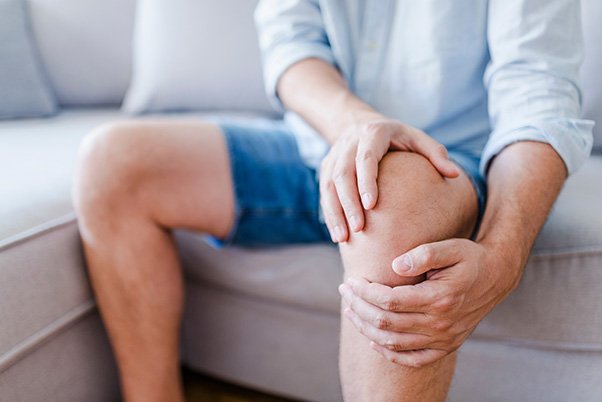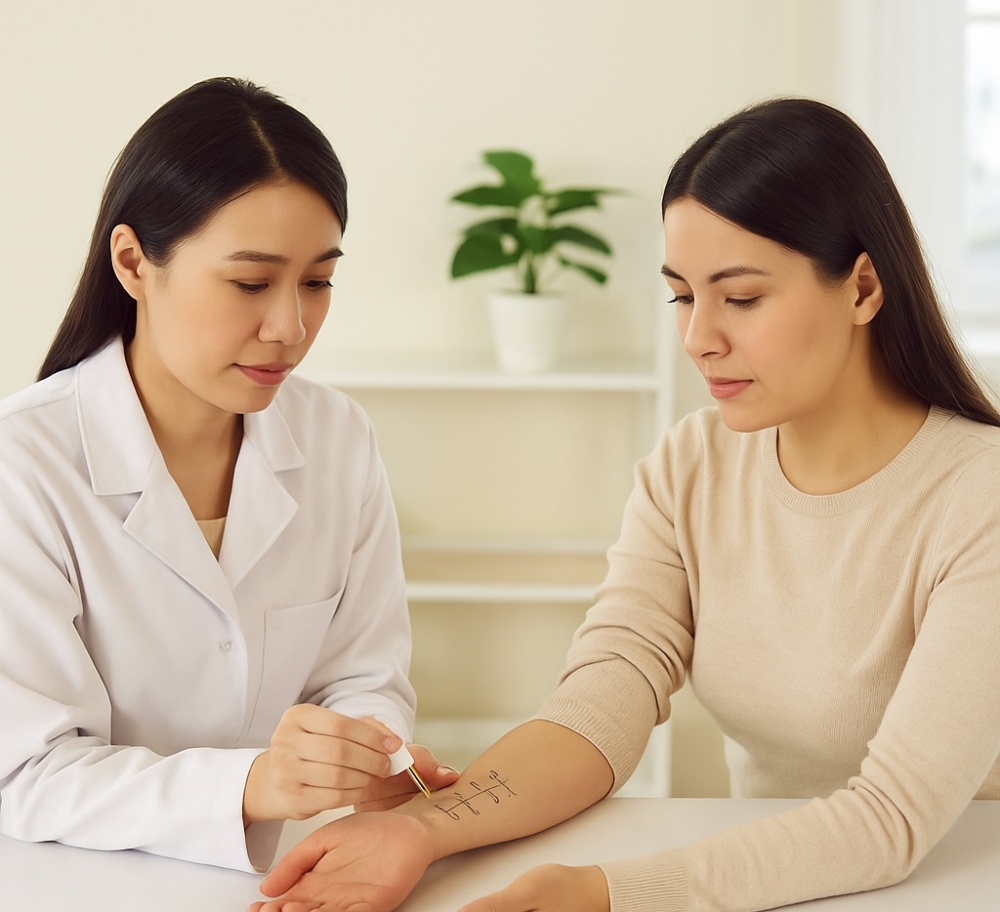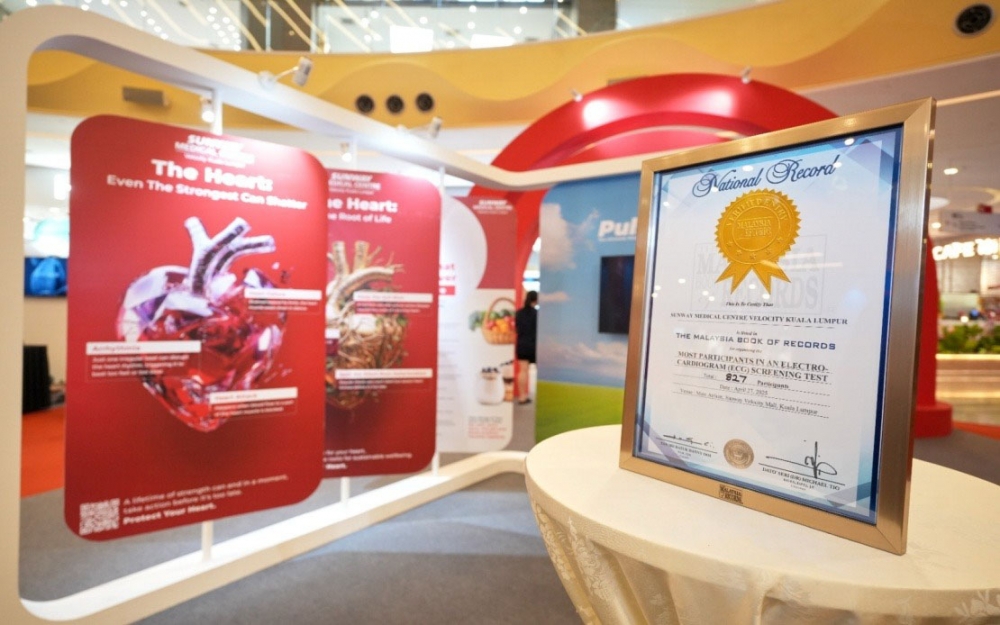"Sunshine Vitamin" to Combat COVID-19

“Sunshine Vitamin” to Combat COVID-19
Introduction
Vitamin D or “Sunshine Vitamin” deficiency is a problem all over the world. The prevalence of vitamin D deficiency in Malaysia was high, study showed that 78.9% of young adolescents in Malaysia have insufficiency of vitamin D (Al-Sadat et al., 2016).
Everyone knows that vitamin D has its classic roles in bone health, how many of you know that this sunshine vitamin can also help in immune system, fight infection and kill off the invading bacteria and viruses.
According to WHO 2016, Vitamin D which is fat-soluble vitamin, help to prevent respiratory tract infections. Vitamin D plays an immunomodulation role, enhancing innate immunity which boosts mucosal defence (Gombart, Borregaard & Koeffler, 2005). Since COVID-19 is a type of respiratory tract infection which can manifest as pneumonia, perhaps it is important for us to boost our vitamin D intake especially in this period of time.
Sunlight as Source of Vitamin D
Exposure to sunlight is one of the major determinants of an individual’s vitamin D status. It has been suggested that approximately 5–30 minutes of sun exposure between 10.00 am and 3.00 pm at least twice a week to the face, arms, legs, or back without sunscreen will usually provide sufficient daily vitamin D requirements (Holick, 2007). However, the ultraviolet rays that promote vitamin D synthesis in the skin can limited by environmental factors, genetic factors and lifestyle. Therefore, individuals who have less outdoor activity have to ensure adequate intake of vitamin D from other sources such as from vitamin D-enriched foods in diet or vitamin D supplement.
Recommended Daily Intake of Vitamin D
According to the Malaysia Recommended Nutrient Intake 2017, the recommended intake of vitamin D is 10 mcg/day (400 IU) for infants up to age 11 months, 15 mcg/day (600 IU) for ages 1 to 65 years, and 20 mcg/day (800 IU) for people over 65 years.
Natural Food Sources of Vitamin D
Fatty fish and shellfish such as salmon, tuna, mackerel, oysters and mussels are among the best sources. Beef liver, cheese, and egg yolks provide small amounts. Almost all milk products are fortified with vitamin D. A glass of milk usually contains about 6.0 - 7.5 mcg/day per serving (250 ml). Therefore, two glasses of milk a day able to provide sufficient daily requirement of vitamin D. However, foods made from milk, like cheese and ice cream are usually not fortified. Vitamin D is added to many breakfast cereals and to some brands of orange juice, yogurt and margarine; check the labels.
To obtain adequate vitamin D for a vegan diet eater can be challenging. Many of the foods highest in vitamin D come from animals. Vegan sources of vitamin D foods can come from fortified plant-based alternatives milk such as soy milk, almond milk, and oat milk, fortified tofu, fortified breakfast cereals and oatmeal.
Do you know that mushrooms are one of the good sources for vitamin D? It contains a pro-vitamin known as ergosterol that can naturally multiply their level by exposing to ultraviolet radiation. You can sun dried the store-bought or home-grown mushroom species to make your own vitamin D-enriched mushrooms. Mushrooms are suitable for vegans as mushrooms are one of the only plant sources that contain a significant amount of vitamin D (Cardwell, Bornman, James & Black, 2018).
Supplementation of Vitamin D
There has been increased interest in improving vitamin D status by recommending vitamin D supplement. Studies showed that vitamin D supplementation has a protective effect against respiratory tract infection especially among young adolescents (Bergman, Lindh, Björkhem-Bergman & Lindh, 2013). Thus, recommendation of single daily doses of vitamin D supplementation (800 IU) or less is safe and it protected against acute respiratory tract infection overall (Martineau et al., 2016).
Summary
Vitamin D can be obtained easily with moderate outdoor activity to get sufficient sunlight exposure. Adopting a balanced diet with foods rich in vitamin D helps boost our immune systems. If you are deficient in vitamin D, supplement may help in maintaining an optimal vitamin D level. However, consult a doctor or pharmacist before taking any vitamin D supplement. If you have any symptoms of COVID-19, seek treatment at your nearest hospital.
Than Chong Rui
Dietitian
Dietetics and Nutrition Services
Sunway Medical Centre Velocity
Tel: 603-97729191 (ext: 8112)
Suggest to Read









